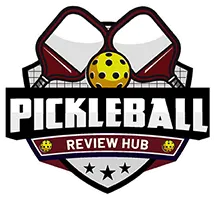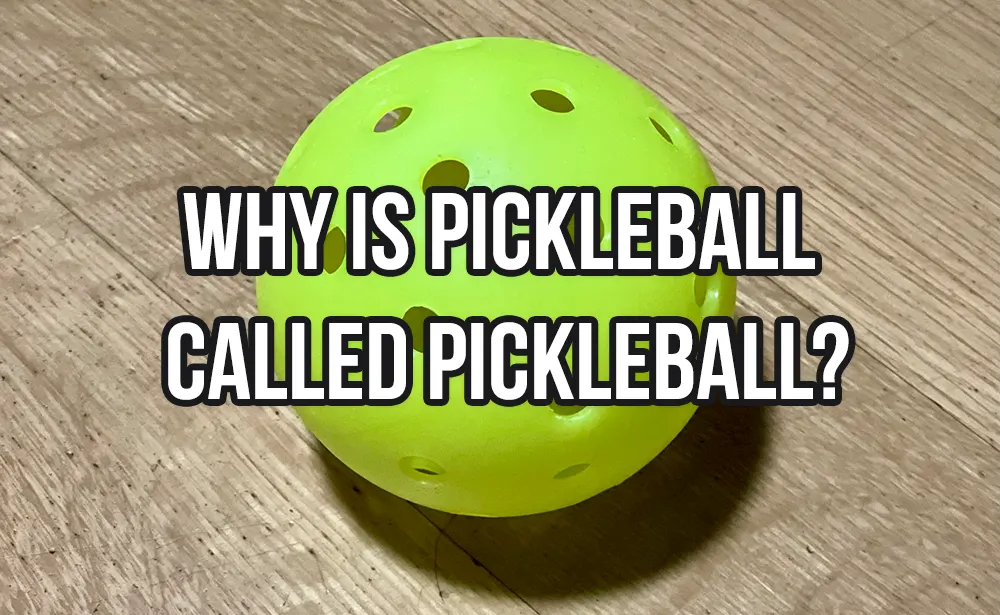Unraveling the Origins: Why is Pickleball Called Pickleball?
If you’ve recently discovered the game of pickleball, you may be wondering, “Why is pickleball called pickleball?” The name itself raises curiosity, as it doesn’t immediately provide insights into the sport’s nature. In this article, we will delve into the origins and theories behind the name pickleball, providing you with a comprehensive understanding of how this beloved sport came to be known by its distinctive moniker.
The Origin of Pickleball Heading: A brief history of pickleball’s creation
Pickleball, a unique blend of various racquet sports, was created in 1965 on Bainbridge Island, Washington, by three friends – Joel Pritchard, Bill Bell, and Barney McCallum. The game’s invention was a result of the founders’ desire to create a sport that would engage their families and provide entertainment during a summer gathering.
The Naming Mystery Heading: The theories and speculations surrounding the name “pickleball”
- Theory 1: Family Dog’s Name One popular theory suggests that the game was named after the founders’ family dog, Pickles. According to the story, Pickles had a habit of chasing and hiding the ball during gameplay. As the sport gained popularity, the name “pickleball” stuck as a playful nod to the dog’s involvement.
- Theory 2: Boats and “pickle boat” Another theory traces the name back to Joel Pritchard, who was a U.S. Congressman at the time of pickleball’s creation. Pritchard’s wife, Joan, mentioned that the game reminded her of the “pickle boat” in rowing. A pickle boat is a boat composed of leftover oarsmen from other boats, which aligns with the sport’s combination of elements from other games.
- Theory 3: “Pickle” as a Term for Unsorted or Miscellaneous In the context of sports, “pickle” has historically been used to describe a situation where the outcome is uncertain or the teams/players are mismatched. It is possible that the founders used the term “pickle” to signify the game’s lighthearted and flexible nature, incorporating elements from various sports.
A Unique Name for a Unique Game Heading: The appeal and significance of the name “pickleball”
- Memorable and Distinctive: The name “pickleball” stands out among other sports, capturing people’s attention and generating curiosity. Its uniqueness contributes to the sport’s identity and helps differentiate it from traditional racquet sports.
- Reflecting the Sport’s Playfulness: Pickleball’s name embodies the sport’s spirit of fun, inclusivity, and camaraderie. The lighthearted nature of the name resonates with the game’s appeal to players of all ages and skill levels.
The Evolution of Pickleball’s Popularity Heading: How the name “pickleball” became synonymous with the sport
- Spread through Communities: After its creation, pickleball quickly gained popularity among friends and family on Bainbridge Island. As word spread and more people discovered the game’s unique blend of excitement and accessibility, pickleball began to expand beyond its initial community.
- National Recognition and Growth: Pickleball’s recognition as an official sport accelerated in 1972 when the first-known pickleball tournament was held in Tukwila, Washington. Over time, pickleball gained recognition and organized governing bodies, leading to widespread adoption across the United States and internationally.
While the precise origin of the name “pickleball” may remain somewhat elusive, the sport’s popularity and impact are undeniable. Whether it was inspired by a mischievous family dog, an analogy to rowing terminology, or simply the desire for an unconventional name, pickleball has captivated players worldwide. Embodying the spirit of fun, camaraderie, and flexibility, pickleball has become more than just a name; it represents a thriving sport enjoyed by millions across the globe.


Leave a Reply